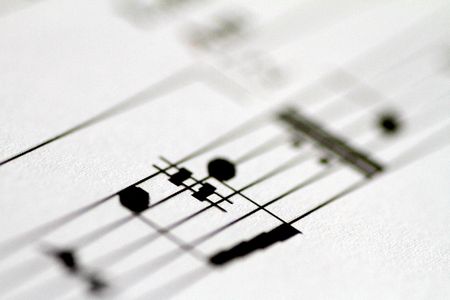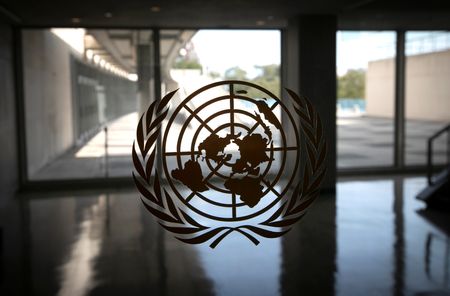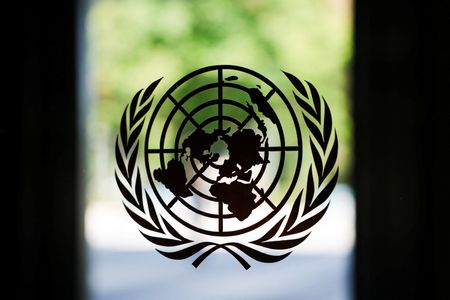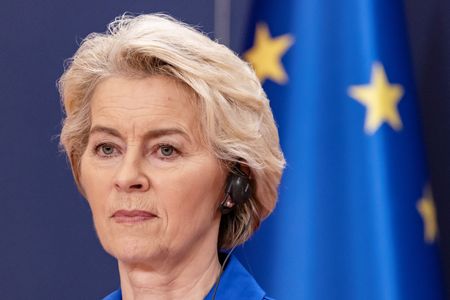By Stefano Rebaudo
(Reuters) -Sterling edged up against the dollar and fell sharply against the yen as investors rushed into safe-haven assets while shifting their focus to economic data and central bank policy meetings later this week.
The yen and Swiss franc jumped after tech stocks plunged, with investors weighing the implications of a Chinese startup launching a free open-source artificial intelligence model.
The pound had rallied against the dollar on Friday as U.S. President Donald Trump suggested a potentially softer tariff stance. However, concerns about U.S. policy on trade resurfaced on Monday after the U.S. and Colombia pulled back from the brink of a trade war.
Analysts expect investors to turn their attention, at least temporarily, towards monetary policy before a raft of central bank policy meetings.
Federal Reserve and European Central Bank rate decisions are due on Wednesday and Thursday, respectively.
Analysts said the Fed staying on hold and the ECB cutting by 25 basis points are well priced in, but traders will focus on any suggestions for the rate outlook.
In contrast, Bank of Japan Governor Kazuo Ueda said last week that the BoJ would keep raising interest rates as wage and price increases broaden, while other central banks worldwide, including the Bank of England, are easing.
Some analysts argued that the BoJ’s hawkish tone might reflect policymakers’ desire not to weaken the yen and thus potentially upset Trump.
Sterling was down 1% to 192.71 versus the yen, after hitting 192.51. It had risen 1.03% on Friday.
It dropped 0.6% to 1.1230 against the Swiss franc.
Inflation figures from Japan, Germany and France will be released on Friday, while the Fed’s favourite inflation gauge is due in the U.S.
BofA forex strategists said the market had been guilty of a “glass-half-empty approach” to the UK vis-a-vis the dollar and euro.
“We are still constructive on sterling as we believe that sentiment is asymmetrically skewed, and a lot of the bad news is now priced in, though we concede risks to the downside have risen,” they said in a note to clients.
The pound was up 0.24% at $1.2511 after touching its highest since Jan. 7 at $1.2523 earlier in the session. As recently as Jan. 13 it had stood at $1.2097, after a selloff that also included UK bonds.
The euro was flat at 84.04 pence, after hitting a fresh 2-week low at 83.93. It had reached 84.73 on Jan. 21, its highest level in around five months.
(Reporting by Stefano Rebaudo; editing by Mark Heinrich and Kevin Liffey)











